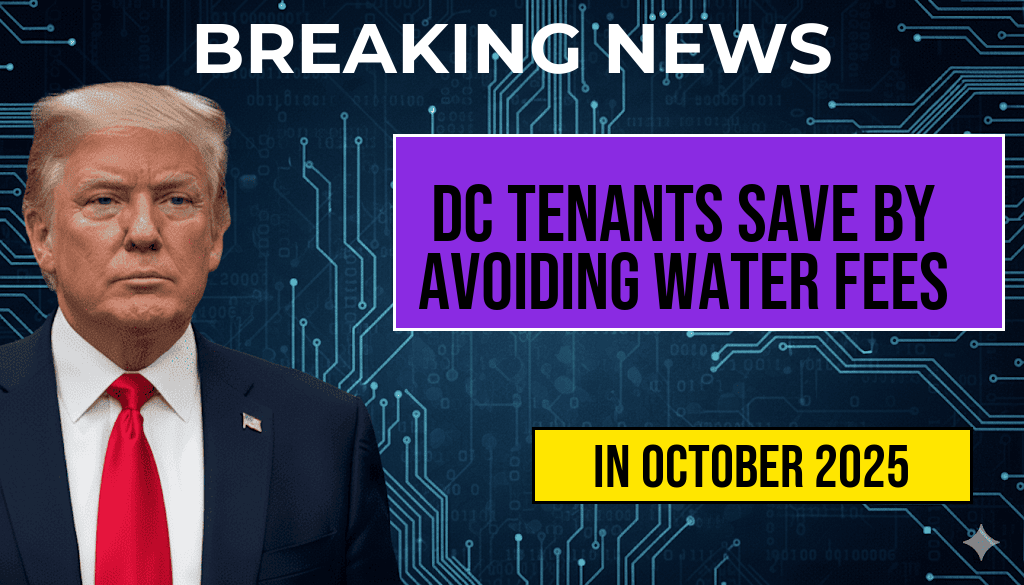As the government shutdown continues to unfold, a growing number of American workers are facing the grim reality of $0 paychecks. With thousands of federal employees and contractors laid off, many are struggling to make ends meet. This unprecedented situation has prompted urgent discussions about available emergency financial options. From unemployment benefits to personal loans, workers are seeking ways to navigate this challenging landscape. Financial advisors and experts emphasize the importance of understanding the various avenues for assistance, especially as the shutdown shows no signs of resolution. In this article, we explore the impact of the shutdown on income, the available emergency cash options, and strategies for managing finances during this tumultuous period.
The Fallout from the Shutdown
The ongoing government shutdown has left countless federal employees without income. Approximately 800,000 federal workers have either been furloughed or are working without pay, resulting in significant financial strain for many households. Essential services remain operational, but non-essential government functions have come to a halt, affecting various sectors, including transportation, housing, and social services.
The Financial Impact
For many workers, the immediate consequences of a missed paycheck can be severe. With bills piling up and savings dwindling, the situation is prompting individuals and families to seek emergency financial assistance. Experts warn that prolonged financial strain can lead to serious repercussions, such as increased debt, credit score damage, and even homelessness.
Emergency Cash Options Available
As workers navigate these uncertain times, several emergency cash options are available to help bridge the gap until a resolution is reached. Here are some of the most viable alternatives:
- Unemployment Benefits: Those who have been furloughed may qualify for unemployment benefits. Eligibility requirements vary by state, so it’s crucial to check local guidelines.
- Personal Loans: Many banks and credit unions offer personal loans that can provide quick cash. However, interest rates and terms should be carefully evaluated.
- Credit Card Advances: Workers can consider taking cash advances on their credit cards. This option, while quick, often includes high fees and interest rates.
- Community Assistance Programs: Local nonprofits and charities may offer financial assistance or resources for families in need, including food banks and rent assistance programs.
- Peer-to-Peer Lending: Online platforms that facilitate peer-to-peer lending can provide funds quickly, but borrowers must be cautious about the repayment terms.
Strategies for Financial Management
In addition to exploring emergency cash options, managing finances wisely during this period can alleviate some stress. Here are some strategies to consider:
- Create a Budget: Outline essential expenses and prioritize them. This exercise can help identify areas where spending can be reduced.
- Communicate with Creditors: Reach out to creditors to explain the situation and seek temporary relief or payment plans.
- Sell Unused Items: Consider selling items that are no longer needed. Online marketplaces provide an easy way to generate extra cash.
- Explore Gig Work: Picking up part-time or freelance work can help supplement income during this challenging time.
Government Assistance Resources
In response to the shutdown, several government resources are available to assist affected workers. The Department of Labor offers comprehensive information on unemployment benefits and job placement services. Additionally, the Benefits.gov website serves as a useful tool for finding various federal assistance programs tailored to individual needs.
Conclusion
The ongoing government shutdown has left thousands of workers facing the harsh reality of $0 paychecks, necessitating the exploration of emergency cash options. With various financial avenues available, it is crucial for affected individuals to stay informed and proactive in managing their finances. Utilizing resources such as unemployment benefits, personal loans, and community assistance can provide much-needed relief during this unprecedented crisis. As the situation develops, workers are encouraged to remain vigilant and seek out available support systems.
Frequently Asked Questions
What should I do if I receive a $0 paycheck due to the shutdown?
If you receive a $0 paycheck because of the shutdown, immediate action is crucial. Start by contacting your employer’s HR department to understand the situation and verify if it’s a temporary issue. Explore emergency cash options such as state assistance programs, food banks, or local charities that can provide support during this challenging time.
Are there any government assistance programs available for those affected?
Yes, there are several government assistance programs designed to help individuals facing financial hardship due to layoffs and shutdowns. Programs may include unemployment benefits, food assistance through SNAP, and emergency housing assistance. Check with your local government or visit their website for more information on eligibility and application processes.
How can I access emergency cash options immediately?
To access emergency cash options quickly, consider applying for a personal loan through credit unions or online lenders. Additionally, some local nonprofits offer emergency funds for individuals in need. Be sure to review the terms and conditions carefully before proceeding.
What resources are available for job seekers during layoffs?
Job seekers can access various resources during layoffs, including state employment offices, job training programs, and online job boards. Additionally, networking events and community workshops can provide valuable connections and skills to aid in the job search process.
Can I apply for unemployment benefits if I was laid off?
Yes, if you were laid off, you can apply for unemployment benefits. Eligibility may vary by state, but generally, if you lost your job through no fault of your own, you should qualify. Visit your state’s unemployment office website for specific instructions on how to apply.













